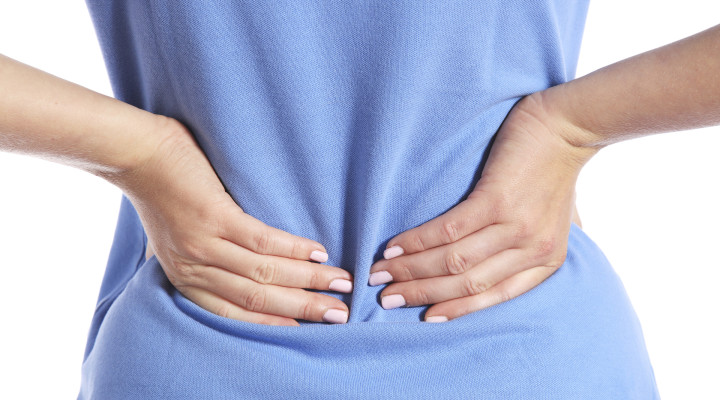
Preventing Back Injuries in Nursing
Unknown by many, nursing is a highly physical job. To others, especially those belonging outside the healthcare profession, nursing only involves administering medications, checking charts, carrying out doctors’ orders and the like. However, that is not always the case. A lot of lifting and other physical tasks are involved in providing nursing care. That is […]
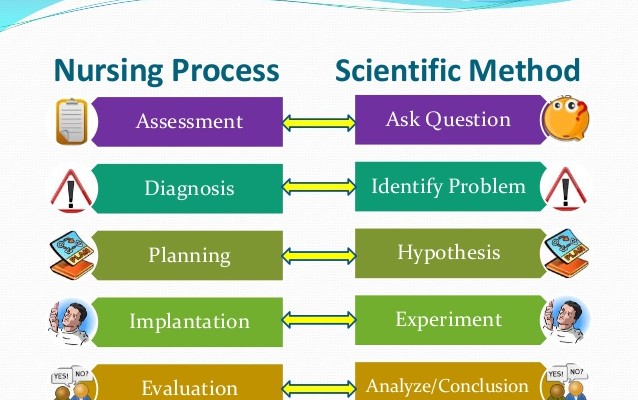
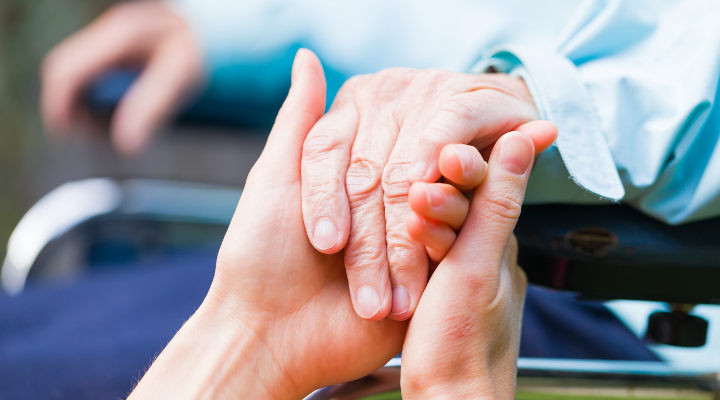
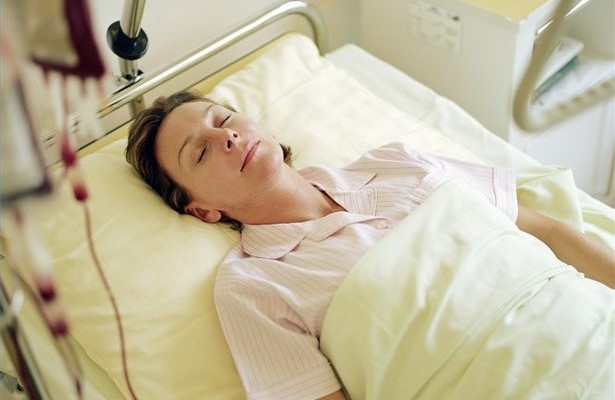
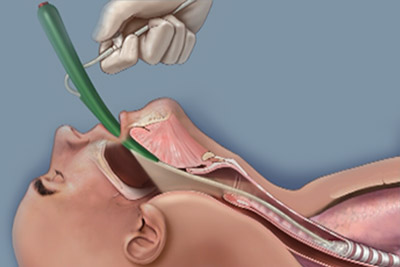







Recent Comments